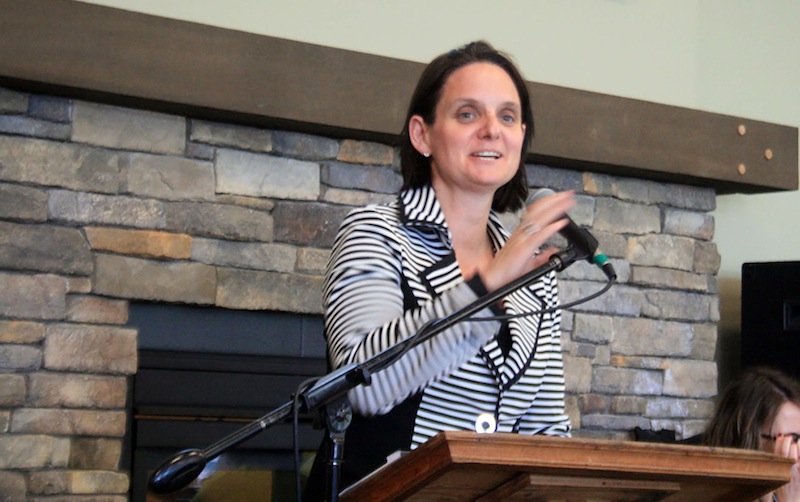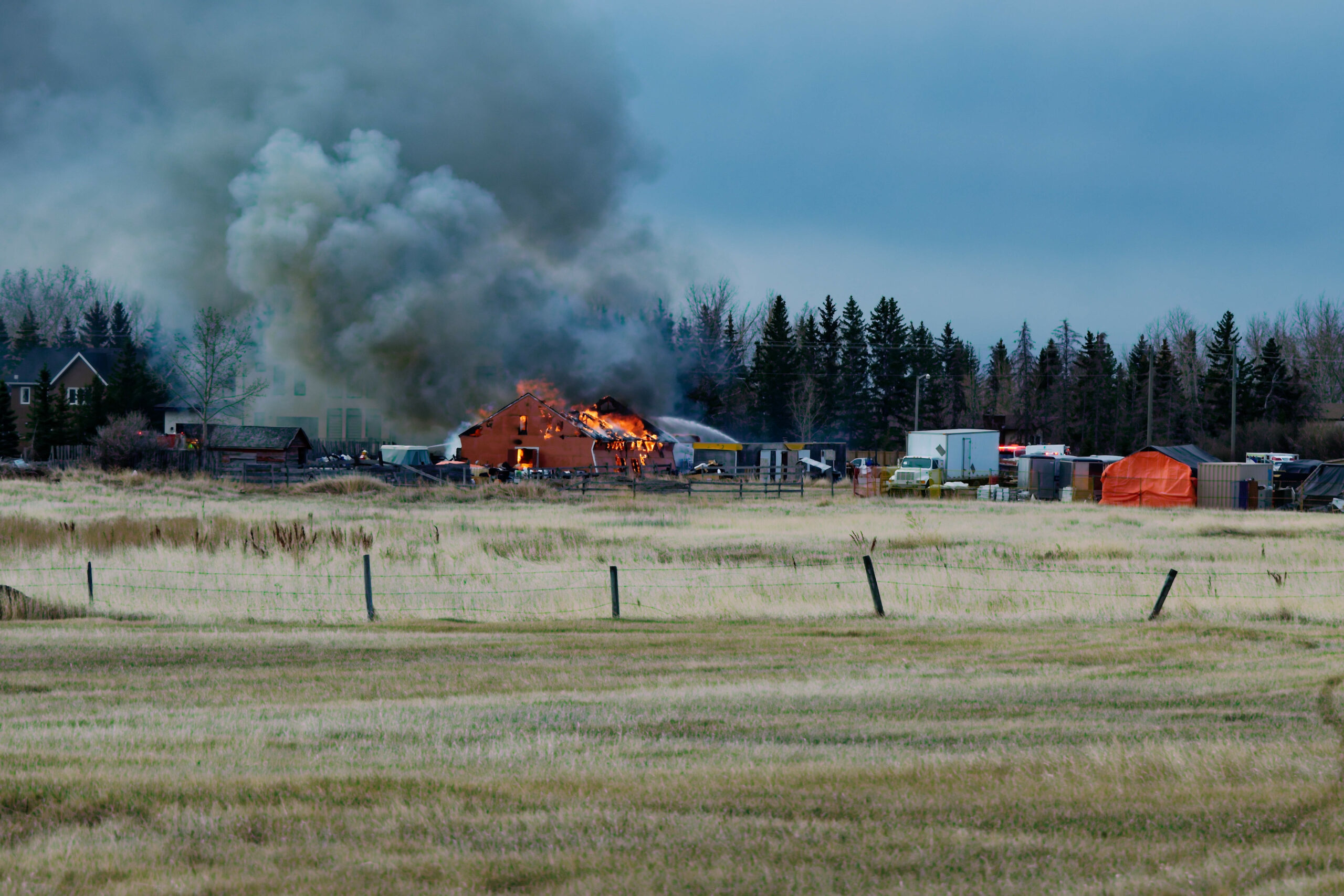
The office of Municipal Affairs is well aware of the happenings of Chestermere lately, but on June 7, 2016 it was all about the proposed revisions to the Municipal Government Act. The Minister of Municipal Affairs and staff are touring around Alberta and visiting nineteen communities to speak with and listen their residents, municipal officials and organization members to get reaction to these proposed changes.
The June 7th open house held at Camp Chestermere saw a wide range of attendees. Members of Chestermere City Council and staff, members of Calgary city council, mayors and city officials from other smaller southern Alberta communities, residents and business owners.
There were a few strong themes throughout the presentations – municipal accountability and working well with our neighbouring communities seem to be mentioned a number of times throughout the event.
Minister Larivee explained in her opening remarks that these changes to the MGA (Municipal Government Act) have come after years of work and also following many conversations and consultations with a wide range of interested parties and the general public of Alberta.
“The key focus of the modernized Municipal Government Act is on working together, growing together and making Alberta better together. Fundamentally we need to recognize that our communities are interconnected and that they transcend municipal boundaries” said Minister Larivee.
There were three larger categories that the events presentations were broken into: Assessment and Taxation; Governance and Administration; Planning and Development.
Under the taxation topic, the announcement that the new MGA will link non-residential and residential tax rates caught the attention of Chestermere residents in the room as the Minister announced that in municipalities where the non-residential tax rate is more than five times the residential tax rate, the percentage increase in the non-residential tax rate may not be more than the percentage increase in the residential tax rate. But that is the polar opposite of the situation in Chestermere.
Following the open house, I asked Minister Larivee if she could speak to the unique situation of Chestermere where the non-residential tax base is less than 5% and asked the Minister if there was going to be any regulations put into place to deal with situations like this. “One of the interesting things about that dynamic is that the residents are the voters in the municipality. They are the ones who democratically elected those people and they are also the ones who have the right to go and speak to those elected officials if they want to see as far as their expectations of the community. They have more opportunity that the non-residential taxpayers do in their municipality and they can be apart of that decision moving forward. It’s actually kind of unusual to see that (the tax rate) the other way, but maybe it is a reflection of Chestermere’s unique challenge in terms of having all residential versus non-residential. If members of the community are feeling that is a burden, then they need to talk to their municipality”.
Another key topic that was discussed was the subject entitled ‘Enhancing Municipal Accountability and Transparency’. The report states ‘Albertans often call on the Minister of Municipal Affairs to get involved when they feel they have not been treated fairly by a municipality, or when they believe a municipality is not following rules’ which is something that we very recently have seen in Chestermere.
Currently, municipalities are primarily accountable to their citizens through election and public participation processes. In certain circumstances, the Minister may step in. The Province states that the problem with that is Alberta ombudsman’s authority only extends over the provincial government and certain professional organizations – not including municipalities.
The proposed change to the MGA in regards to this would be to expand the mandate of the Alberta Ombudsman to include municipalities. The MGA will also be amended to clarify petitioning processes for municipal inspections. The report also states that any audits, reviews or investigations that are currently underway will continue under the old legislation – such as the preliminary review that is to commence here in Chestermere towards the end of July or early August.
When planning and development was discussed, there seemed to be a divide in the room on the topic of regional collaboration. The new MGA will make Growth Management Boards mandatory to address land-use planning, servicing of growth, regional service delivery, cost sharing, and dispute resolution and it will implement mandatory regional planning mechanisms for land-use planning, and require municipalities to work together regarding service delivery and cost-sharing.
The thought of collaboration had some excited and feeling that it is the solution for working well with our neighbours, while others saw it as a threat to the business that healthy competition brings their way.
There is also a significant proposed change to the way that off-site levies are dealt with. The scope of off-site levies will be expanded so municipalities can use the funds to build community recreation facilities, fire halls, police stations and libraries. That collection and spending can only happen when at least 30% of the benefit from the facility accrues to the new development. Developers would contribute costs based on that proportional benefit, while municipalities will fund the rest through general revenue.
Cathleen Peter-Swart, Assistant Director of Corporate Services (HR, Safety & Communication Services) for the City of Chestermere provided the following statement regarding the City of Chestermere’s reaction to these proposed changes.
“The City of Chestermere was pleased to have Municipal Affairs Minister Danielle Larivee and Municipal Affairs staff in Chestermere to present information about the proposed amendments to the Municipal Government Act (MGA). We appreciate being selected as one of the locations for the presentation and were happy to showcase our community as an important and growing contributor to the province both economically and socially”, says Peter-Swart.
“The City of Chestermere generally supports the amendments to the MGA. The Province has been asking for input into the MGA for some time and we have actively participated in the MGA review. From the City’s prospective, the changes to the offsite levies will be positive. It has been a long held belief by the City that the developer should pay for development and the new offsite levies go a long way to making that happen. The proposed amendments require developers to contribute to building new fire halls, police stations, libraries and recreation centres if the residents of those new developments are significant users of the facilities. We are still awaiting additional information on the Province’s decision around the new regional Growth Management Board. We are a strong supporter of regional collaboration and have been actively working with the province and other communities in the Calgary Regional Partnership (CRP) to develop the new Board, but we have not received detail on the direction that will be taken”, adds Peter-Swart.
Chestermere was the fifth stop in the summer tour, which will wrap up on July 15th in Lethbridge. All changes to the MGA, including regulations, will be proclaimed before municipal elections in fall 2017.
For a complete look at all the proposed changes, you can read it in its entirety by visiting www.mgareview.alberta.ca










